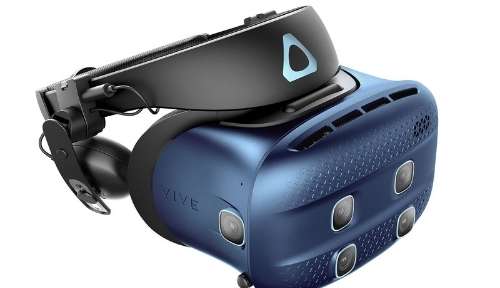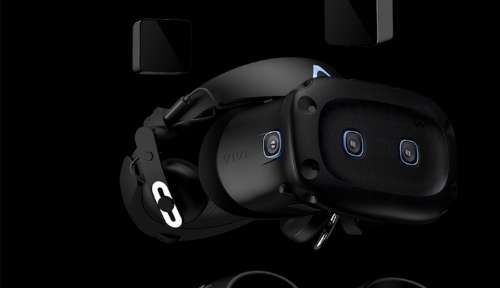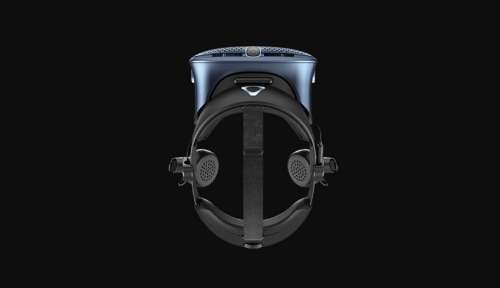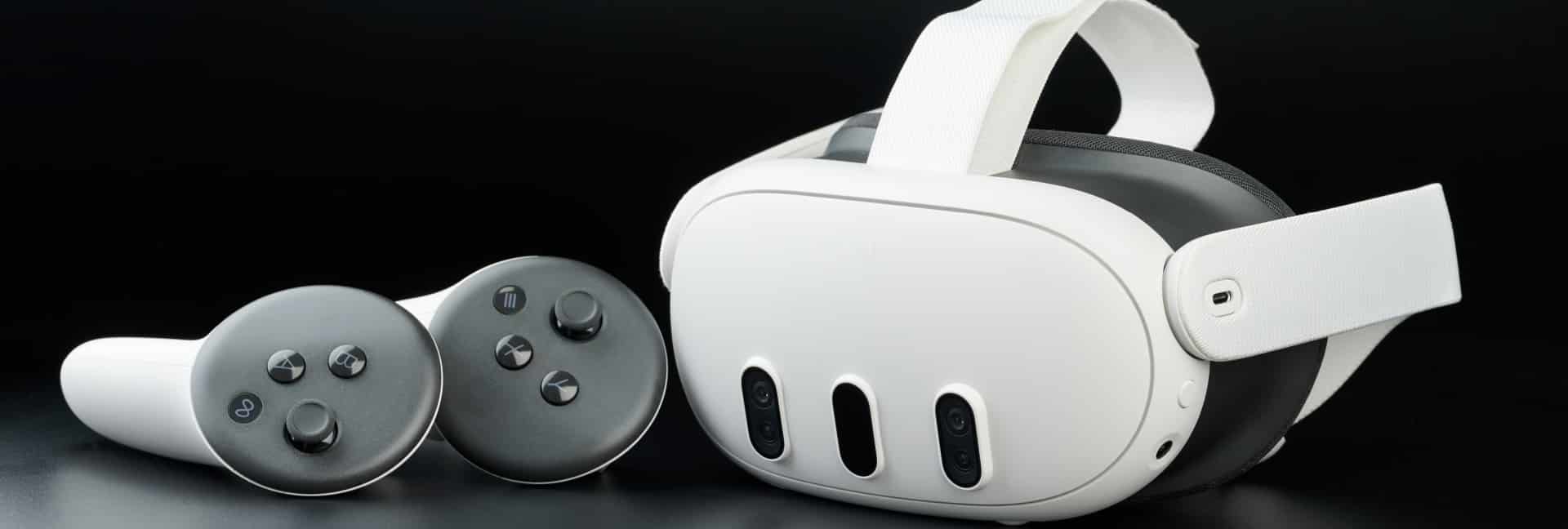 We reported recently on the massive (albeit temporary) price cut that the Oculus Rift and Touch bundle received during a special sale from Oculus. Owned by Facebook, who bought the company for a staggering $2Bn in 2014, Oculus is a leader in modern premium VR systems, but has suffered from relatively low sales thanks to the expensive nature of the hardware.
We reported recently on the massive (albeit temporary) price cut that the Oculus Rift and Touch bundle received during a special sale from Oculus. Owned by Facebook, who bought the company for a staggering $2Bn in 2014, Oculus is a leader in modern premium VR systems, but has suffered from relatively low sales thanks to the expensive nature of the hardware.
In the meantime, more affordable solutions such as the PSVR seem to be eating Oculus’ lunch, so it should be no surprise that rumours are swirling that Facebook is pushing for more affordable VR products.
Companies such as Google are already working on standalone premium VR headsets. One of those models will be made by Oculus arch-rival HTC, who also make the Vive in partnership with Valve Corporation.
New Kid on the Block?
Time reports that a Facebook spokesperson strongly alluded to the fact that we may be seeing a standalone competitor to the Dream VR and other similar HMDs from Facebook and Oculus.
It makes sense since Oculus currently covers the high-end of the market with the Rift as well as the lower mobile end with the excellent Gear VR products and ecosystem. That leaves a nice, fillable niche for a headset that doesn’t need a high-end PC nor a high-end phone to work.
The MR Monster
It’s not just other VR makers that Facebook have to be worried about either. When Microsoft unveiled the mixed-reality Hololens we were all impressed, but the $10 000 price tag meant no one expected it to become mainstream soon.
However, the race to bring dedicated AR and MR devices to the consumer market has been faster than many anticipated.
Right now you can preorder a mixed-reality headset built on the Microsoft platform for $299. The actual hardware is made by Acer and works nothing like the Hololens.
Instead of a see-through visor, this uses cameras and LCD displays, which means it can also do regular VR. Yes, this is a tethered device, but the price point and rapid maturity of the core technology should rightly light a fire under Facebook and Oculus.
Good Times
When the companies that make the technology we want don’t feel comfortable and safe, that can only be good for us as consumers. Competition drives down prices and drives up innovation.
Although the VR market is not growing as quickly as predicted, we may not have hit the sweet spot yet between price and experience. After all, some products have been hitting it out of the park with consumers.







